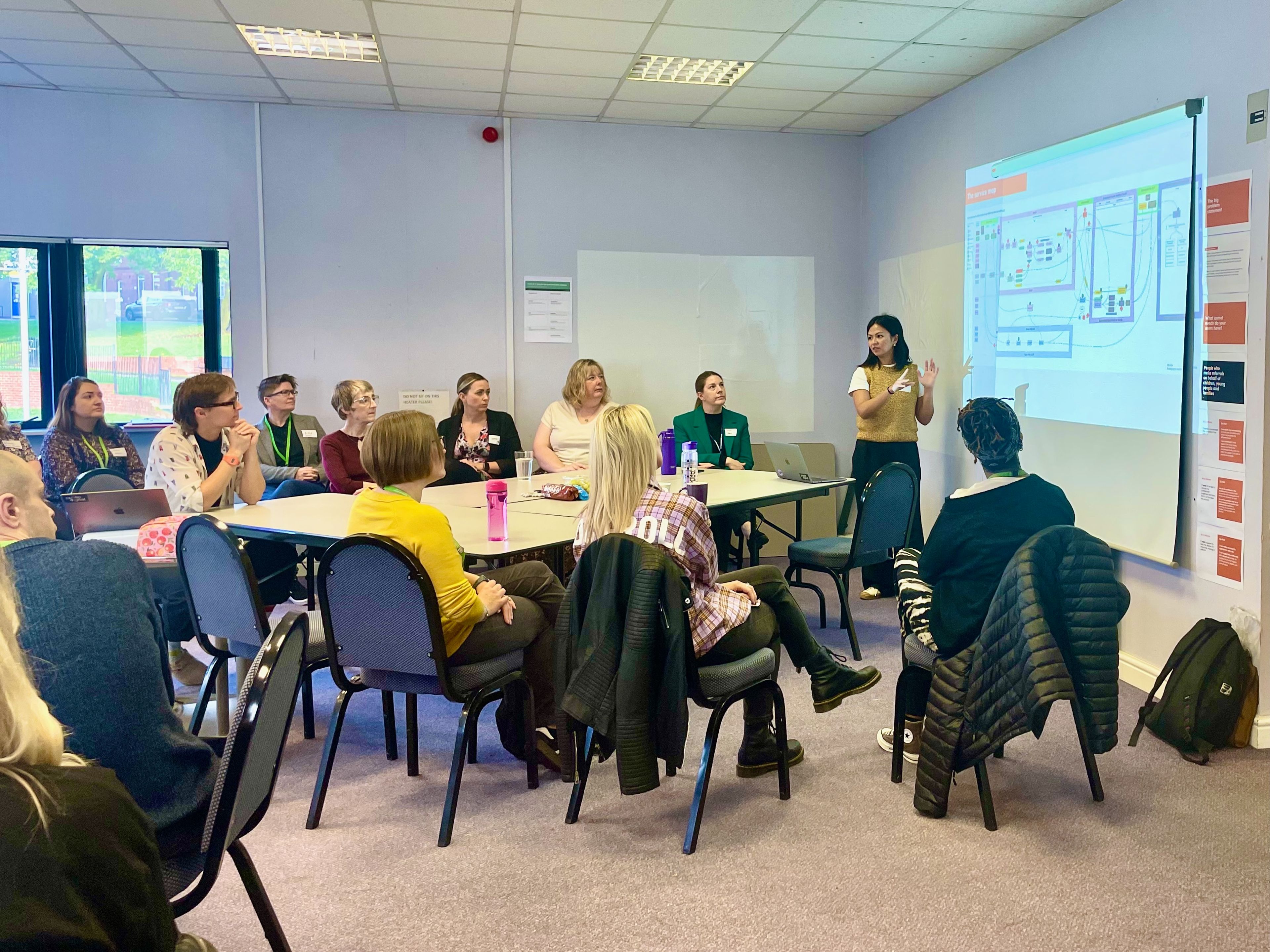
How Transforming the Front Door has positively impacted the four local authorities where I implemented it
This article was written by Steve Walker OBE, senior leader in local authority Children's Services.
The ‘Front Door’ of Children’s Services - the arrangements to receive and respond to contacts and referrals - is one of the most critical and challenging functions in children’s social care.
The Front Door operationalises the thresholds of the local authority and partners and so is a demonstration of partnership in action. The effectiveness of those thresholds and how they are applied determines the service that a child and family will receive or not. It is no surprise, therefore, that Ofsted inspections of children’s services start at the Front Door.
To improve the effectiveness of services and responses I have been involved in implementing ‘Transforming the Front Door’ in four Local Authorities. In each service it had multiple positive impacts.
Transforming the Front Door: the five key outcomes
- Enhanced relationships with partners.
- Improved quality of referrals.
- Better support to children who need a social worker.
- A reduction in social work caseloads
- More positive outcomes for children and families.
Impact 1: improving relationships with partners
‘Transforming the Front Door’ is based on a clear understanding that the needs of children and families are varied, complex and nuanced. Obtaining a proper understanding of a child and families circumstances is difficult through written referrals but easy through conversation.
Although this was initially challenging for partners used to sending emails or filling in a multi-agency referral form, following implementation partners knew, and agreed with the actions being taken.
In addition as these were confirmed in writing by the social worker taking the referral it saved partners time as they no longer had to complete complex forms or take part in follow discussions to clarify written information.
Impact 2: improving the quality of referrals
This process helped to clarify understanding of thresholds and service response. This led to the second impact, a significant improvement in the quality of referrals. Whilst we saw an increase in contacts, initial discussions with partners, fewer of these contacts led to a referral, with more being supported through Early Help.
All four authorities saw a reduction in the number of referrals being managed at the Front Door of between 25 and 35 percent.
Impact 3: responding better to children who need social work support
The reduced volume of referrals helped to ensure the third impact, a better response to children requiring the support of a social worker.
Improved identification of children and families that would benefit from the help of a social worker reduced the volume of referrals and improved the response provided at the Front Door.
This led to a reduction in both the number of cases requiring an assessment and the number of initial assessments that closed following an assessment because the child or family did not require social work support. The right families went on to assessment.
Impact 4: reduced social work caseloads
The improved focus on providing the right support to families at the right time was seen across the service and resulted in the fourth impact, a reduction in social work caseloads.
Over time the reduction in each of the authorities was in the region of 20-30%.
In Leeds, caseloads gradually reduced by almost 30%, from 25 down to 18.
Because social workers are then only dealing with those children and families who need a social work response, the social workers’ capacity increases and they can respond more effectively.
Impact 5: better outcomes for children and families
Lower caseloads meant that social workers could do proactive rather than reactive work and led to the final and most important impact: an improvement in outcomes for children.
All four authorities saw a reduction in statutory interventions: the number of children either requiring a child protection plan or care.
In each of the four Local Authorities, the implementation of ‘Transforming the Front Door’ was the subject of rigorous external review by inspectors. In each authority Ofsted found that the arrangements were safe and the authority improved its overall judgement.
The ‘Front Door’ of Children’s Services is the first point of contact for families and partners. Effective, family focused responses at the Front Door determine the help that children receive and impacts the whole organisation.
